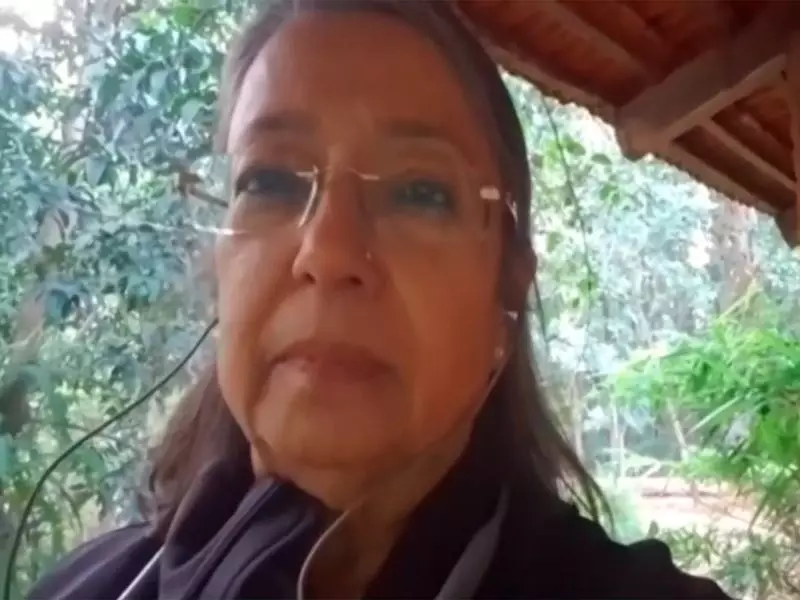
India is maintaining a vigilant stance following the dramatic development in Bangladesh politics involving Prime Minister Sheikh Hasina. The situation has drawn significant attention from New Delhi, with former diplomats emphasizing the need for careful observation of the evolving scenario.
Former Diplomat's Assessment of the Situation
Pinak Chakravarty, who served as India's High Commissioner to Bangladesh between 2007 and 2009, has provided crucial insights into the current political crisis. The veteran diplomat stressed that India must monitor the developments with extreme caution given the complex nature of the situation.
"We have to watch the situation very carefully," Chakravarty stated, highlighting the sensitivity of India-Bangladesh relations. His comments come amid reports of a death sentence verdict against Sheikh Hasina, though specific details about the court proceedings remain unclear.
Historical Context and Bilateral Implications
The political developments in Bangladesh carry significant weight for India due to the deep historical ties and strategic partnership between the two neighboring nations. Sheikh Hasina's government has maintained strong relations with India during her tenure, making any political instability in Dhaka a matter of direct concern for New Delhi.
Chakravarty's extensive experience in Bangladesh diplomacy lends weight to his assessment. Having served during a critical period in bilateral relations, his understanding of the political dynamics provides valuable context for interpreting current events.
The uncertainty surrounding Sheikh Hasina's political future could potentially reshape regional dynamics. India's cautious approach reflects the importance of stability in South Asia and the need to protect long-standing diplomatic investments in the relationship.
Regional Stability Considerations
Experts suggest that any major political shift in Bangladesh would have ripple effects across South Asia. The region has witnessed increasing geopolitical competition, making political stability in Bangladesh crucial for maintaining balance.
The Indian government's measured response indicates a preference for stability while acknowledging the sovereignty of Bangladesh's internal political processes. This balanced approach allows India to maintain its diplomatic principles while safeguarding national interests.
Security and economic cooperation between India and Bangladesh has flourished in recent years, with multiple infrastructure projects and bilateral agreements enhancing connectivity between the two nations. Any political disruption could potentially affect these joint initiatives.
As the situation continues to develop, Indian authorities are likely maintaining backchannel communications with various stakeholders in Bangladesh to ensure that bilateral relations remain protected regardless of political outcomes.
The coming weeks will be critical in determining how India adjusts its Bangladesh policy in response to the evolving political landscape. The foreign policy establishment in New Delhi will be closely analyzing each development to formulate appropriate responses.





